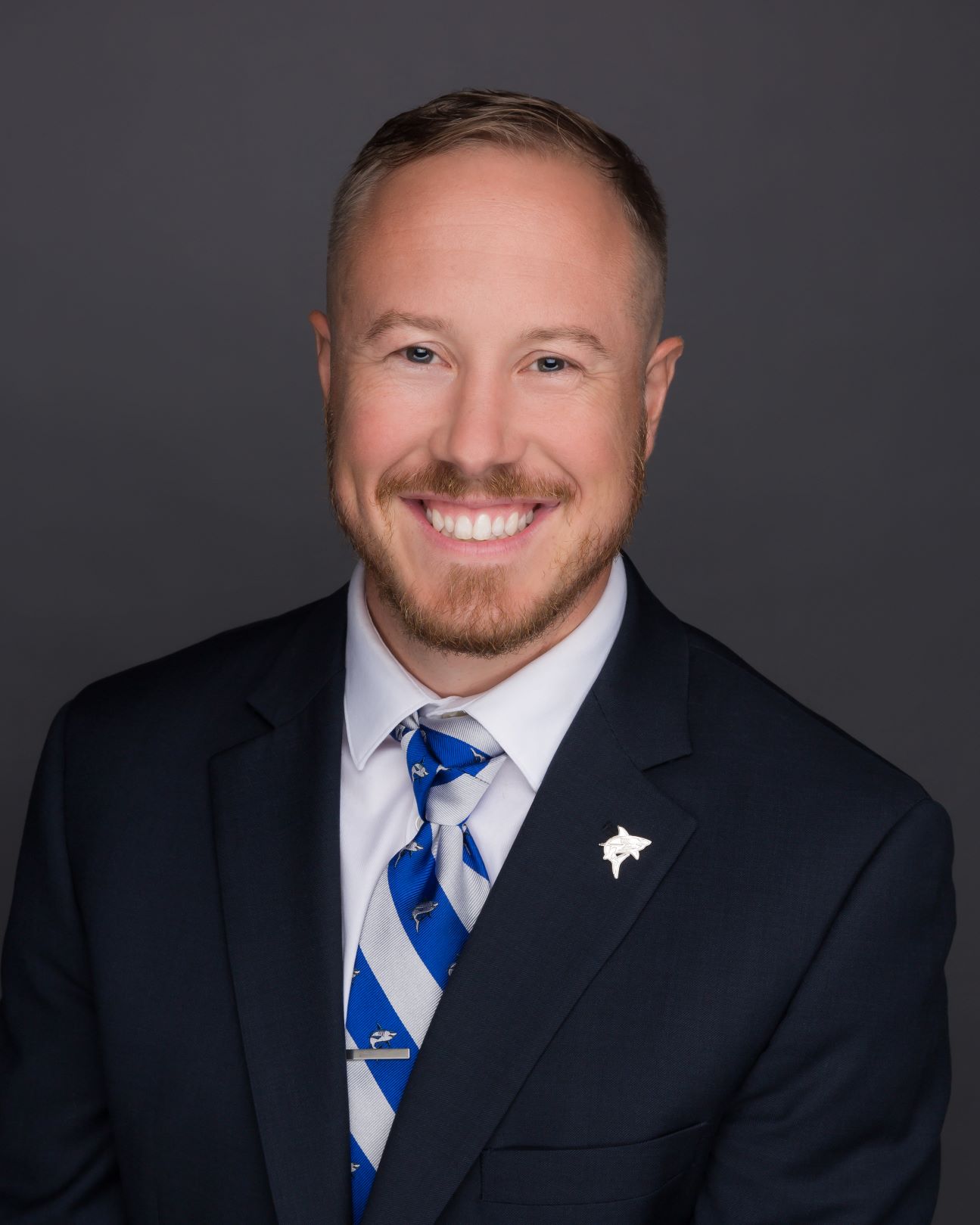Transform Conflict into Opportunity
In a world facing increasing uncertainty and insecurity, communities and institutions need skilled leaders who can bridge divisions, reduce violence and hate, and transform conflict relationships and systems in pursuit of a more peaceful world. The 30-credit Master of Science in Conflict Resolution at NSU prepares you to become one of those leaders. Grounded in both theory and real-world application, our program equips students with the concepts, tools, and practical experience needed to understand and address conflict in today's complex world. Through immersive, hands-on learning and critical engagement with key frameworks, students develop the skills to analyze, navigate, and address conflict across diverse settings. Join us and become part of a field that is not only growing-but urgently needed.
- Learn from internationally recognized faculty who are active scholars and practitioners in the field of conflict resolution. Our professors bring diverse, real-world experience and cutting-edge research into the classroom, ensuring you receive both theoretical knowledge and practical insights.
- Students progress through the program in a cohort model, building a strong sense of community and collaboration. This structure fosters peer support, intellectual exchange, and lasting professional relationships.
- Graduates of the program are equipped to pursue careers in a wide range of sectors, including non-governmental and governmental organizations, research institutions, corporate settings, international development and humanitarian agencies, human rights organizations, conflict services (mediation, arbitration, coaching, and ombuds), education, and healthcare.
- Our curriculum combines foundational theory with hands-on experience, enabling students to engage with real-world case studies through courses such as practicums, internships, training, and simulations. The program is designed to prepare you to analyze, navigate, and address conflicts in various settings, using a range of interdisciplinary approaches.
- Our program emphasizes both a local and global outlook, equipping students to work on complex, multi-faceted conflicts that cross cultural, political, and geographical boundaries.
Quick Facts
Who Should Apply
This program is designed for individuals who are eager to develop practical skills and strategic thinking to address conflict in meaningful ways. Whether you're a recent graduate exploring a career in conflict resolution, a working professional seeking to enhance your ability to manage complex situations, or someone in fields such as education, business, healthcare, international affairs, or public service, this program offers the tools and knowledge to advance your impact. If you're interested in exploring conflict more deeply and contributing to positive change in various settings, we encourage you to apply.
Career Outcomes
Conflict Analysis and Resolution Curriculum
For specific course requirements, refer to the “Master of Science in Conflict Analysis and Resolution Program (M.S.)" in NSU's Halmos College of Arts and Sciences Graduate Student catalog.
The academic program and curriculum requirements listed on this page are from the NSU Halmos College of Arts & Sciences Graduate Student Catalog. Students are bound by policies and curricula published in the catalog in effect the semester they enter the university unless an agreement is made with appropriate NSU administration officials allowing them to abide by policies published in a later catalog.
Admissions Requirements
| 1 |
Completed NSU Graduate Application and $50 Application Fee |
| 2 |
Transcripts from all previously attended higher education institutions including degree conferral. (Applicants who have not yet completed their undergraduate degree programs may submit official transcripts prior to degree conferral to be considered for provisional admission. Final official transcripts must be submitted to receive full admission into the program.) |
| 4 | An academic writing sample (it can be an academic paper, submitted journal writing, or a piece of professional writing). |
| 6 | Undergraduate GPA of 3.0 or higher |
| 7 |
For non-native English speakers and graduates of foreign institutions (where English is not the primary language instruction). Demonstrate English-language proficiency is required through one of the following options:
|
| 8. | Submit a 'Resume' OR 'Curriculum Vita' |
Graduate Open House
Join us on Thursday, October 16 at 5:30 p.m. EST to learn more about Conflict Resolution studies, including careers within the field, NSU graduate degree offerings, and the application process.
This event is free and open for all to attend. Register for the open house.
Program directors and department faculty from the Department of Conflict Resolution Studies and NSU Halmos College of Arts and Sciences Graduate Admissions will be in attendance to answer your questions about your program(s) of interest.”
The Department of Conflict Resolution Studies will accept a total of 9 credits from previous graduate coursework. Coursework must replicate NSU offerings in the major field of interest or must be closely related. Transfer credits must be graduate-level from accredited institutions. Students are required to consult with DCRS Program Coordinator regarding the transfer of credit policy.
NSU’s M.S. in Conflict Analysis and Resolution is flexible to meet the needs of working adults and those unable to attend the on-campus program. However, there are many benefits to forming relationships with your professors and participating in hands-on work. Online students are required to attend one five-day Residential Institute (RI) per academic year, which takes place in February.
The RI helps online students build a learning community. During the RIs, you will participate in experiential exercises, roleplays and group simulations. RIs also offer guest speaker presentations, panel discussions, career development seminars, social events and much more. There is also time allotted for faculty advising and student academic reviews.






